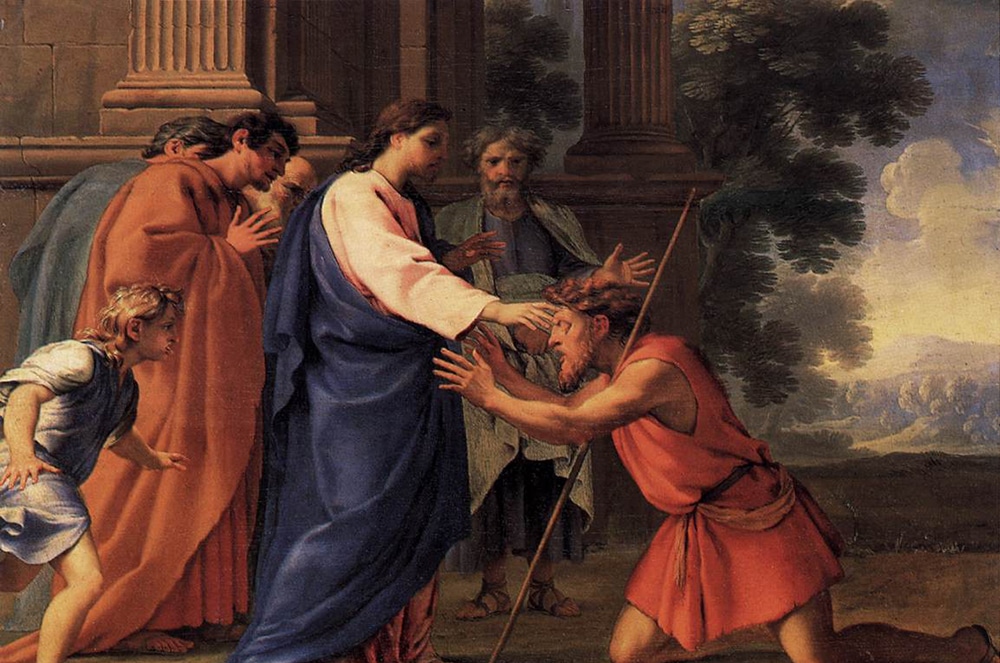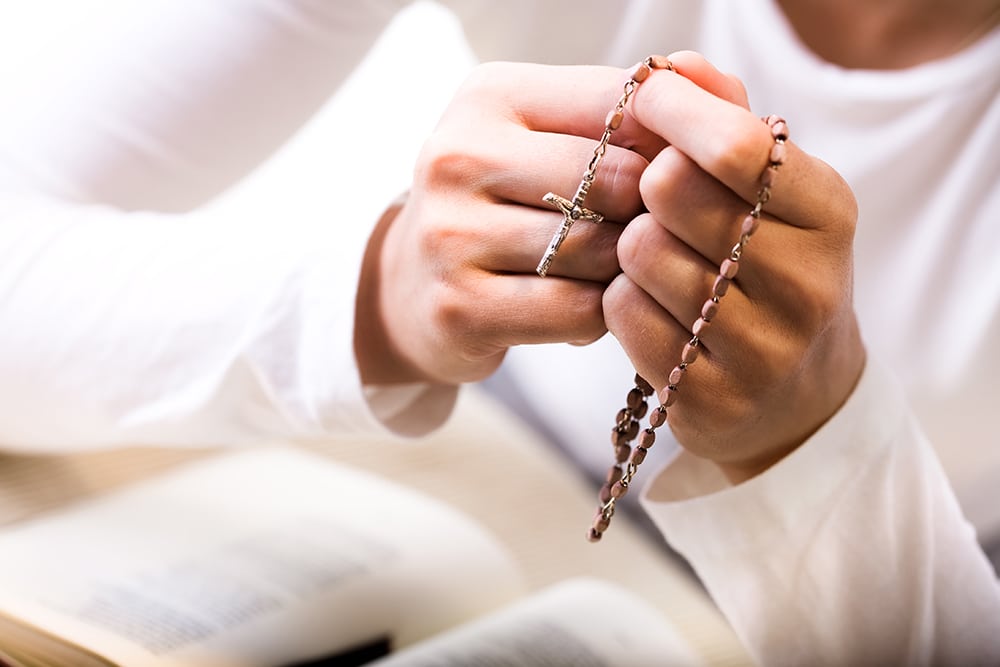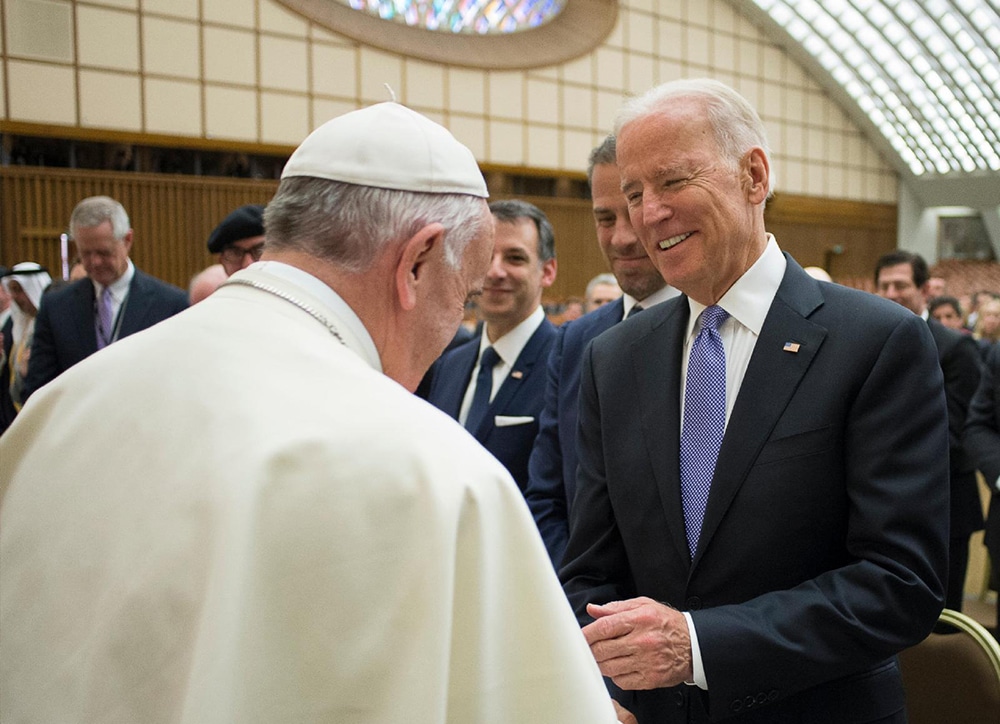 Sometimes, the Gospels give us details that point toward the transformative beauty of encountering Jesus. How it changes everything.
Sometimes, the Gospels give us details that point toward the transformative beauty of encountering Jesus. How it changes everything.
“Bartimaeus, a blind man, the son of Timaeus, sat by the roadside begging” (Mk 10:46).
Bartimaeus is blind. He has no way to participate in the common life of society. Bartimaeus was likely viewed as a sinner by his neighbors. He must have done something to be born blind.
Yet, there’s more to Bartimaeus than his blindness. The passage tells us that he is the son of Timaeus.
This is more than a throwaway line. The author of the Gospel of Mark may in fact still know Bartimaeus. Or at least his family.
| October 24 – Thirtieth Sunday in Ordinary Time |
|---|
|
Jer 31:7-9
Ps 126:1-2, 2-3, 4-5, 6
Heb 5:1-6
Mk 10:46-52
|
For this reason, the healing encounter with Jesus was not one and done for Bartimaeus. It changed everything for him. Enough that he became a disciple of Jesus.
From the beginning, Bartimaeus exhibits faith. He cries out to Jesus. The crowd tries to silence him. Why? Yes, Bartimaeus possesses bad friends just like Job. But that’s not all the passage is telling us. The silencing of Bartimaeus is, in essence, a refusal to admit that the kingdom of God has come in the person of Jesus Christ.
It’s here. The blind shall be given sight. The lame shall walk.
It is the moment that the prophet Jeremiah hoped for. “The Lord has delivered his people, the remnant of Israel” (Jer 31:7).
Bartimaeus will not be silent. He asks Jesus to have pity on him. The son of David to heal him.
The title Son of David, which the blind man gives to Jesus, reveals that he already knows who he is.
Bartimaeus, in fact, knows more than the disciples who are accompanying Jesus. Son of David is a Messianic title. Bartimaeus is confessing Jesus as king.
Jesus calls to him. He runs to Jesus. With the hoi polloi nearby, telling Bartimaeus to simmer down, he finds Jesus on his own. Even at the cost of looking like a fool, Bartimaeus seeks out Our Lord.
Jesus speaks to him. Our Lord asks Bartimaeus what he would like from Jesus.
Unlike the disciples, he does not ask to be the greatest in the kingdom. He does not ask to sit on the right and left of Jesus. Bartimaeus asks to see.
O beloved, Bartimaeus, after years of suffering on the sides of the street. Forlorn and forgotten by all who passed by.
He, among all men, sees you. And he responds not with a flurry of words. He tells you, “Go your way; your faith has saved you” (Mk 10:52).
Bartimaeus’ faith has saved him.
Immediately, he sees. And he becomes a follower of Jesus. Bartimaeus functions like an icon for all those who are called to follow Jesus.
Jesus wants to encounter us. He is not looking for us in the halls of power. He is walking along the road, looking for us in our woundedness.
Our Lord wants us to call out to him. To say, like Bartimaeus, have pity on me. Look upon me in my suffering, in my addictions, in my woundedness. Heal me.
Jesus wants us to ask for the healing that we need. And he wants us to follow him. To let our faith in his healing presence become a daily part of our lives rather than an isolated moment.
Yes, at once, Bartimaeus could see. But the more time he spent with Jesus, the more he could see.
“The light shines in the darkness, and the darkness has not overcome it” (Jn 1:5).
Timothy P. O’Malley, Ph.D., is the director of education at the McGrath Institute for Church Life at the University of Notre Dame.







